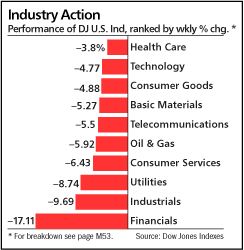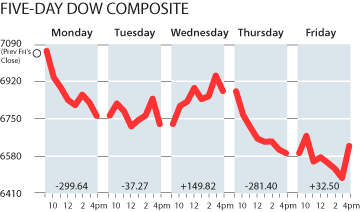Autodesk suggests incentives to repatriate foreign cash. "To Ease Crisis, Tech Leader Wants More Funds Headed Home".
BECAUSE CREDIT IS FROZEN AND CASH IS AS SCARCE AS A Chicago Cubs' World Series game, Autodesk Chief Exec Carl Bass thinks the government must go further in letting companies bring their foreign cash home at a reduced tax rate.
This so-called repatriation of money would relax U.S. tax rules to allow American corporations to inject billions into U.S. banks that are now deposited offshore. The benefits would be twofold, Bass says. It would pump liquidity into the American financial system and could help refill Uncle Sam's depleted coffers. A week ago, the Internal Revenue Service, in a liberalization of its policies, said that companies could borrow these funds from their foreign units for as long as 60 days three times a year without paying the 35% corporate rate they normally face. The change could help tide over companies that have had trouble issuing commercial paper, though some of the details remain unclear.
Even so, cash "continues to pile up offshore [and] getting more money back to American banks is a good thing," says Bass, a vocal proponent of repatriation.
The CEO has significant incentive to tap Autodesk's overseas funds. Nearly three-quarters of the San Rafael, Calif. software maker's almost $1 billion in cash is held in offshore banks. Many American corporations with overseas subsidiaries, including a lot of leading Silicon Valley companies, such as Hewlett-Packard (ticker: HPQ) and Symantec (SYMC), carry hefty cash balances abroad.
The practice isn't illegal or a tax dodge. The companies are required to pay taxes to the foreign governments in the countries in which they do business, but usually at rates much lower than those charged in the U.S., says J.D. Foster, a senior fellow at the Heritage Foundation, a Washington, D.C., think tank.
If the parent company wants to use the cash in the U.S., the federal government can charge the corporation the balance between what was paid to the foreign government and what is owed the U.S. at domestic tax rates. "It effectively creates a barrier to bringing the money home" and promotes an inefficient use of capital, Foster maintains.
The IRS previously has allowed companies to borrow from foreign units twice a year for no longer than 30 days. Bass contends that, with fewer restrictions, he and his peers could use the cash to hire American workers, acquire start-ups and buy back shares. Private-equity investors and venture capitalists would likely support the measure because it would provide capital for buyouts at a time when exits and new fund-raising will be difficult. Additional cash could help offset the deflation in stock as a currency for deals amid crushed share prices, Bass argues.
Staggering: Although Apple and other market leaders rallied Friday, it was the Nasdaq's worst week since 9-11. The index fell 15%, to close at 1650.
"You would see a huge wave of mergers and acquisitions," says Paul Wick, managing partner of J&W Seligman and head of its technology group. "It's just a huge opportunity," adds Wick, whose funds own Autodesk shares.
But Heritage's Foster isn't so sure. He points to a temporary measure in 2004 that offered American companies one-year relief of the tax burden and isn't convinced it did all that much good. "It didn't appear to have the expected results," Foster says.
At the time, it was estimated that roughly $800 billion in profits were parked offshore. About 850 companies brought back roughly $360 billion during that tax holiday. There's no firm estimate of how much money is now in banks offshore but it's safe to assume it's well above $800 billion.
Bass asserts that the last tax holiday did work, adding that it could be even more effective this time. Under proposals he supports, U.S. companies would pay some tax to repatriate their money, most likely splitting the difference between U.S. corporate tax rates and those that would have gone to foreign tax collectors. The CEO argues that the "downside is negligible." "We don't owe it to the U.S. government [if kept abroad], and we will never [U.S.] pay taxes on it," Bass adds.
Bass thinks repatriation measures will get added attention once a new administration takes office.
Subscribe to:
Post Comments (Atom)



No comments:
Post a Comment